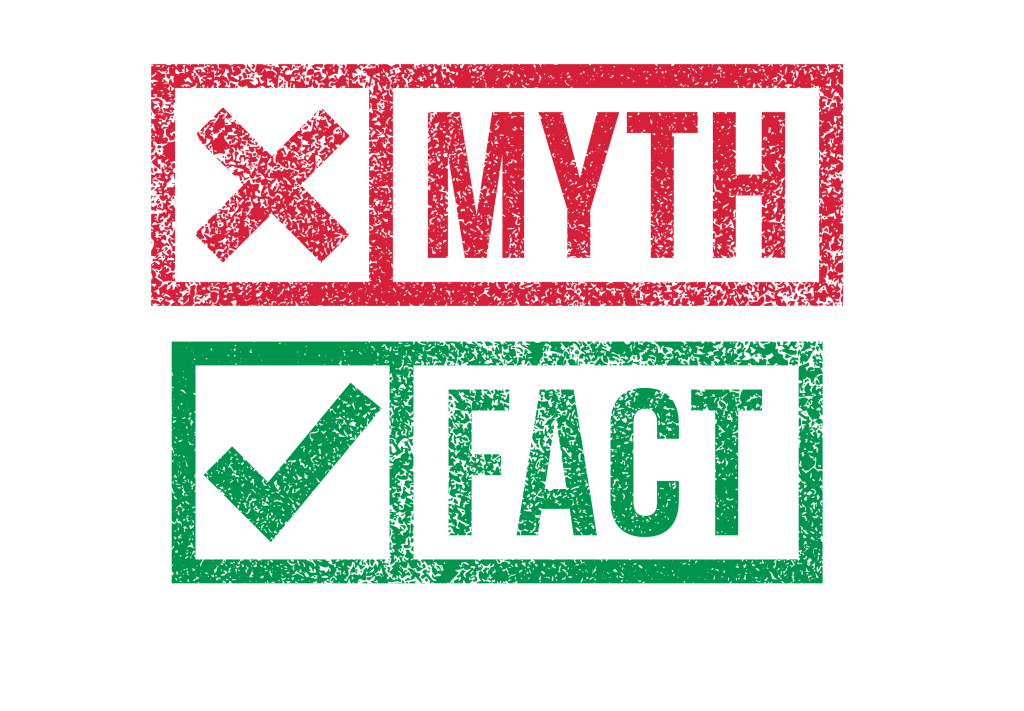In August of 2023, several articles appeared in various online news sources propagating the idea that not only was Jesus not who historic Christianity claims He is but that He did not exist at all. The articles appearing on different sites and written by different authors shared the same information, often in the exact same words. A disinformation campaign was at work.
What follows is a brief rebuttal to the articles. Each of them presented five assertions in the idea that the Jesus of the New Testament never existed. After a seven-paragraph introduction laden with reasons readers could trust the veracity of the scholars putting forth this new narrative, five supposed “historical truths” were presented.
We will deal with these five points and then examine the Introduction over the course of the next few posts. In this article, we will deal with the first two.
1. Scarcity of secular evidence from the first century to support Jesus’ existence
Assertion: According to Bart Ehrman, pagan authors of the First Century are conspicuously silent about Jesus. Outside the Bible, there are no birth records, trial transcripts, or death certificates related to Him. Not a solitary reference to Jesus appears in any non-Christian or non-Jewish writings of that era.
Refutation: Knowing what we do about Jesus as someone who lived at that time and in that place, it is unrealistic to expect such evidence. The error in this “proof” Jesus did not exist is the assumption people living at the same time as He knew Who He was and were careful to document his life AS IT OCCURRED. It wasn’t until later that records were compiled regarding His life, and then, they concentrated on the content of His teaching rather than pedantic incidentals like a birth record and trial transcript.
How many birth records, trial transcripts, and death certificates are there for Jewish commoners of the First Century? Close to none. At the time of Jesus’ death, his band of loyal followers had shrunk to one shy of a dozen. It wasn’t till after His resurrection and ascension that the number of disciples began to grow, precisely BECAUSE of the resurrection. The point is that during Jesus’ life people had no reason to collect such evidence of Him since they did not realize Who He was.
It is convenient for Bart Ehrman to dismiss the abundance of evidence from early Christian and Jewish sources such as Josephus. Hardcore skeptics dismiss the references in Josephus as emendations by later Christian scribes. They have no historical evidence a later scribe added to Josephus’ account. Skeptics simply assert it because they have a priori decided Josephus could NOT have mentioned Jesus. It’s circular reasoning. There is no evidence Jesus existed because Jesus did not exist, so there can be no evidence. Therefore, anything that appears to be evidence isn’t.
Trusting the scholarship of Bart Ehrman as an authoritative voice in historical evidence is a problem. Ehrman has made no attempt to hide his determined rejection of the veracity of the New Testament as a reliable witness to history. He presupposes that the New Testament is the product of much later authors spinning a tale with no basis in fact. His arguments have been ably refuted by other New Testament scholars and historians. But conservative New Testament scholarship isn’t as sexy as Ehrman’s seemingly erudite skepticism, so it doesn’t get the same airplay.
2. Ignorance of Jesus’ details in the earliest New Testament writings
Assertion: Paul, an early Christian figure, appears oblivious to fundamental biographical aspects attributed to Jesus in later texts. Paul refrains from citing Jesus’ authority when it would bolster his arguments, and his portrayal of Jesus’ disciples is at odds with the gospels.
Refutation: Why did a one-time zealous Christ-hater and Christian-persecutor become a follower of Jesus? Because the resurrected Jesus appeared to Him, proving the Gospel was true. [1 Corinthians 15:1-9]
The assertion the Apostle Paul was oblivious to aspects of Jesus’ life indicates a lack of familiarity with Paul’s writings. He refers to Jesus’ virgin birth, descent from David, the significance of His fulfilling prophecy, and details of His death and burial. That hardly sounds like Paul was “oblivious” of the Gospels called “later texts.” The position that the Gospels were written long after the time of Jesus has been refuted by many New Testament scholars. There is good reason to believe the synoptic Gospels of Mark and Matthew were in circulation when Paul made his missionary journeys. Luke, who wrote the third Gospel was Paul’s traveling companion on his third journey.
The credibility of skeptics is stretched to breaking when they assert Paul refrained from citing Jesus’ authority. Those who have read Paul’s letters know that he staked his claim to being an apostle and having authority in the church on his calling and commissioning by Jesus. He told the Philippians every knee would bow and every tongue confess that Jesus Christ is Lord. [Romans 1:1; 1 Cor 1:1; Phil 2:9-11]
The false assertions we will deal with in the next article are …
3. Lack of first-hand accounts in the New Testament stories
4. Inconsistencies among the gospel accounts
Then in the final article, we will deal with … then end with
5. Diverse depictions of the real historical Jesus by modern scholars
And end with an examination of the Introduction to the original articles.

Lance is the founding and lead pastor of Calvary Chapel Oxnard where he has served since 1982. Lance & David Guzik co-pastored the church for six years before David planted a church in a nearby community.
Lance & his wife Lynn were married in 1980 and have three adult children and five grandchildren. Lance loves teaching the Bible, History, and Leadership. He holds Masters-of-Arts in Biblical Studies and Ministry.
Lance serves as a chaplain for both the Oxnard and Port Hueneme Police Departments and enjoys backpacking, wood-working, working out, gardening, home improvement projects, reading, and graphic design.
The popular Communio Sanctorum: History of the Christian Church podcast can be found in both audio and video at the Into His Image website along with a growing inventory of Lances teaching.




